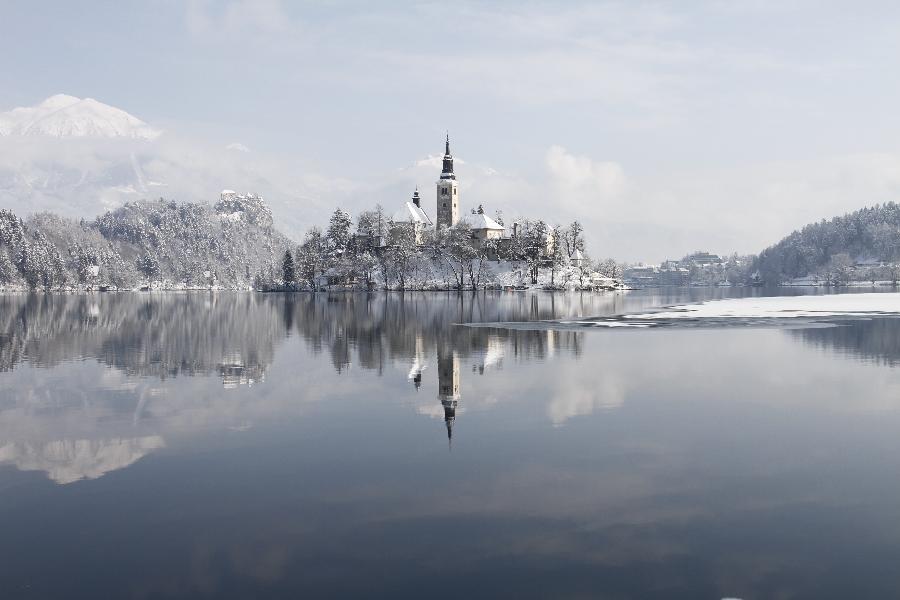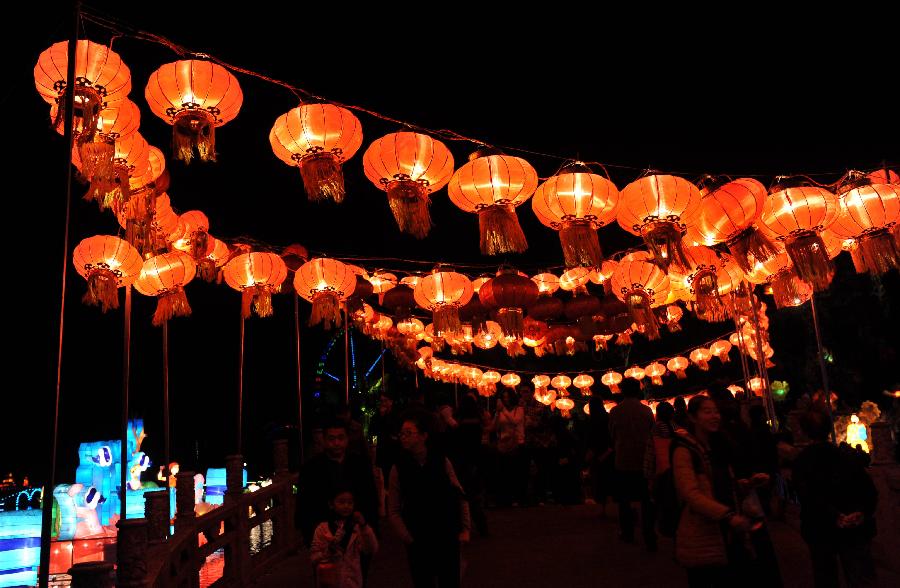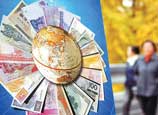
"We don't exclude the possibility of more purchases in Germany," he said.
As the largest and second- largest manufacturers worldwide, China and Germany weathered the eurozone crisis, although their economic growth has slowed recently.
But as the paymaster in the eurozone crisis and the largest economy in the region, Germany has to fight to strike a balance in paying for the crisis and seeing its own economy prosper.
Despite German unemployment falling to its lowest level since 1990, German Chancellor Angela Merkel warned that conditions in the country could be more difficult in 2013 than in 2012, while the European debt crisis is far from over.
"Nevertheless, we need to have further continued patience. The crisis is far from over," said Merkel in her New Year's address."And the economic environment will not in fact be easier but rather more difficult."
The market value of the eurozone's 50 biggest companies fell 17 percent in 2011, a drop of 380 billion euros, though they recovered by some 8 percent in 2012.
"A consensus reached among German industrial circles is that Germany and the whole of Europe must open up to foreign businesses," and Chinese investment in particular, as China's economic growth continues and China's investment in Germany is comparatively much lower, said Peter Loescher, chairman of the Asia-Pacific Committee of Germany Business and also president and chief executive officer of Siemens AG.
Securing know-how
Tao Bailiang, consul-general at the Chinese Consulate in Munich, said: "China is facing unprecedented investment opportunities in Germany and around Europe, but Chinese companies need to be rational and clear in mind.




















![]()
